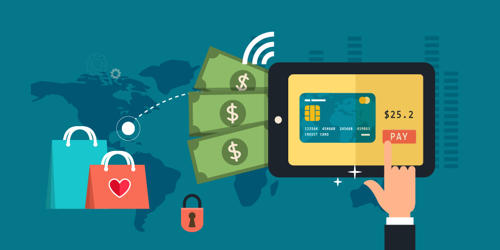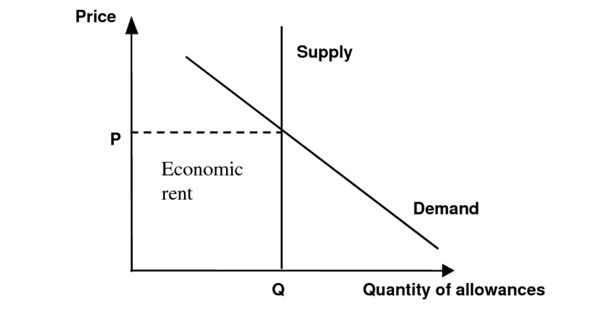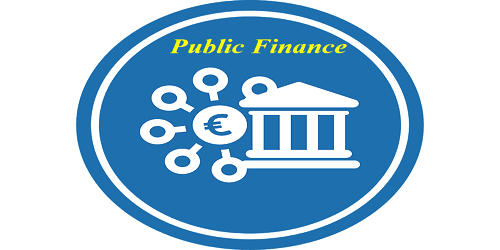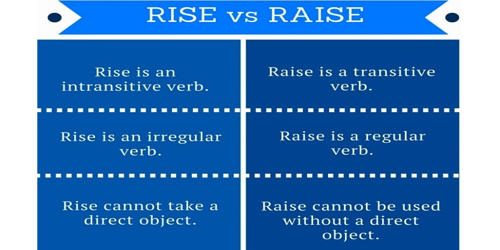E-wallet is a type of electronic card which is used for transactions made online through a computer or a smartphone. A digital wallet is also known as “e-Wallet” refers to an electronic device, online service, or software program that allows one party to make electronic transactions with another party bartering digital currency units for goods and services. Its utility is the same as a credit or debit card. An E-wallet needs to be linked with the individual’s bank account to make payments. This can include purchasing items on-line with a computer or using a smartphone to purchase something at a store. Money can be deposited in the digital wallet prior to any transactions or, in other cases, an individual’s bank account can be linked to the digital wallet. Users might also have their driver’s license, health card, loyalty card(s), and other ID documents stored within the wallet. By using a digital wallet, users can complete purchases easily and quickly with near-field communications technology.
E-wallet is a type of pre-paid account in which a user can store his/her money for any future online transaction. It allows you to store multiple credit card and bank account numbers in a secure environment, and eliminate the need to enter in account information when making your payment. An E-wallet is protected with a password. With the help of an E-wallet, one can make payments for groceries, online purchases, and flight tickets, among others. Once you have registered and created E-Wallet profiles, you can make payments faster and with less typing. Once the online payment is made, the consumer is not required to fill the order form on any other website as the information gets stored in the database and is updated automatically.
E-Wallet saves you time because you don’t have to look for your credit card or bank account information every time you make payment. The credentials can be passed to a merchant’s terminal wirelessly via near field communication (NFC). Increasingly, digital wallets are being made not just for basic financial transactions but also authenticate the holder’s credentials. The payment information from your Primary account is conveniently pre-filled during the payment process, and you can quickly select another payment account if you have more than one set up. For example, a digital wallet could verify the age of the buyer to the store while purchasing alcohol. The system has already gained popularity in Japan, where digital wallets are known as “wallet mobiles”. A cryptocurrency wallet is a digital wallet where private keys are stored for cryptocurrencies like bitcoin. These pieces of software may be included in a bank’s mobile app, or as a payments platform like PayPal or Alipay.
















